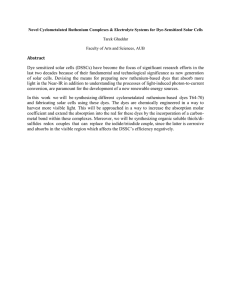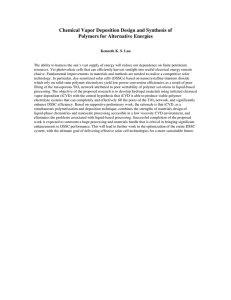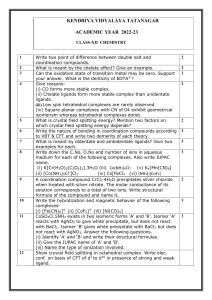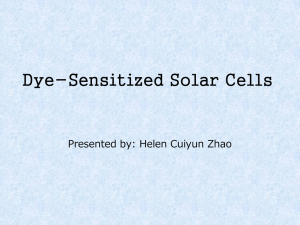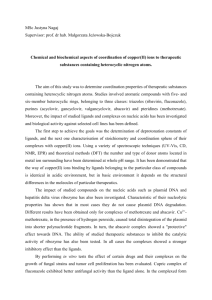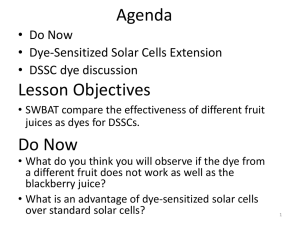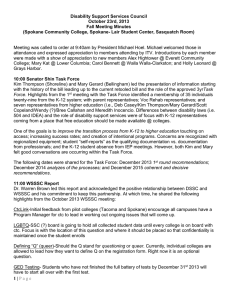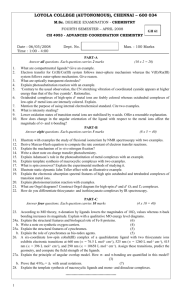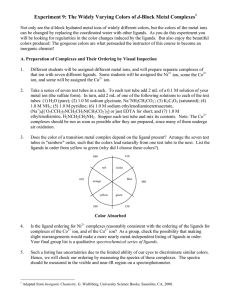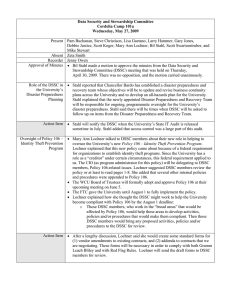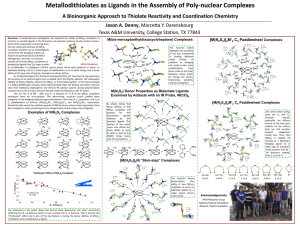Extending the Warranty of the Dye
advertisement
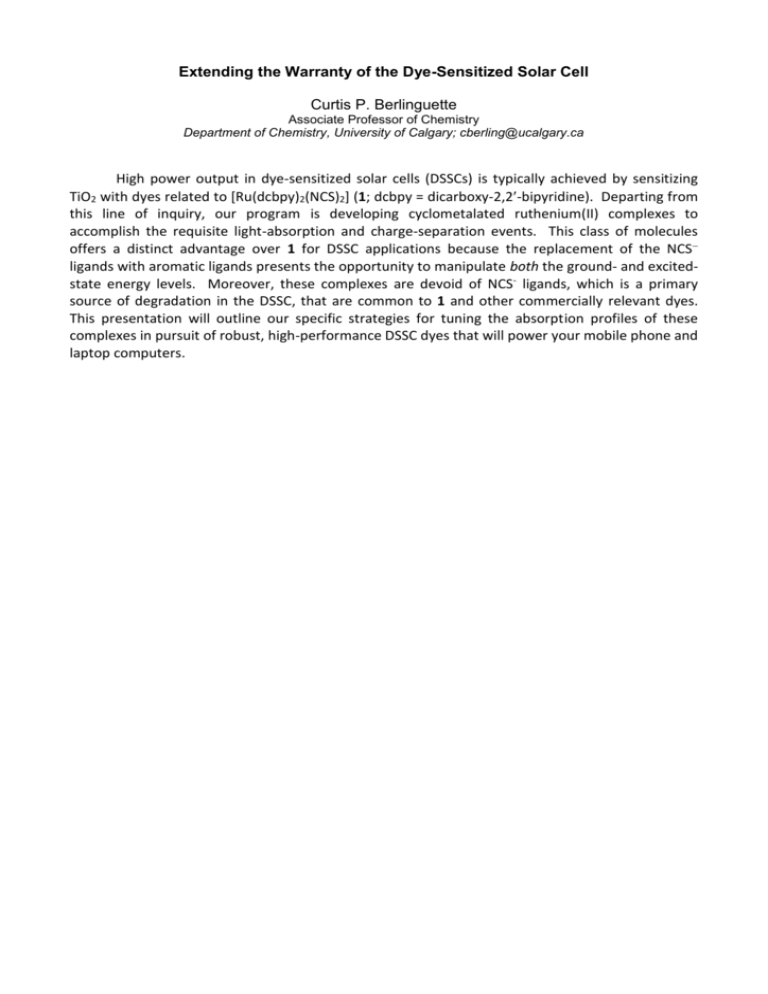
Extending the Warranty of the Dye-Sensitized Solar Cell Curtis P. Berlinguette Associate Professor of Chemistry Department of Chemistry, University of Calgary; cberling@ucalgary.ca High power output in dye-sensitized solar cells (DSSCs) is typically achieved by sensitizing TiO2 with dyes related to [Ru(dcbpy)2(NCS)2] (1; dcbpy = dicarboxy-2,2-bipyridine). Departing from this line of inquiry, our program is developing cyclometalated ruthenium(II) complexes to accomplish the requisite light-absorption and charge-separation events. This class of molecules offers a distinct advantage over 1 for DSSC applications because the replacement of the NCS ligands with aromatic ligands presents the opportunity to manipulate both the ground- and excitedstate energy levels. Moreover, these complexes are devoid of NCS- ligands, which is a primary source of degradation in the DSSC, that are common to 1 and other commercially relevant dyes. This presentation will outline our specific strategies for tuning the absorption profiles of these complexes in pursuit of robust, high-performance DSSC dyes that will power your mobile phone and laptop computers.
